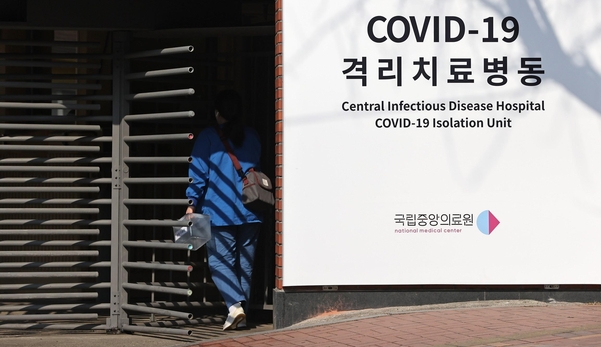Input 2021.02.22 06:56
According to the quarantine authorities on the 22nd, the government will begin vaccinating AstraZeneca vaccinations for residents and workers under the age of 65 at 5873 nursing hospitals, nursing facilities, mental care and rehabilitation facilities nationwide from the 26th.
The vaccine is a product commissioned by SK Bioscience at the Andong plant in Gyeongbuk. The vaccine supply will start on the 24th. As of 0:00 on the 20th, a total of 280,927 people said they would get the vaccine. This is 93.6% of the 308930 pre-registrants in 5804 nursing hospitals and nursing facilities. When the government announced its vaccination plan in February and March, it was 17,140 more than the estimated number of people (27,2131).

The Pfizer vaccination is likely to start on the 27th, the weekend. Ahead of the full-scale vaccination start, the first aggregate consent rate for vaccination appears at 93.8%, and the government has taken a breath.
In particular, in the case of the AstraZeneca vaccine, there were concerns that there would be considerable vaccination rejection due to the continuing controversy over the’vaccination effect’ of the elderly, but in reality it was found to be only less than 10%, and the’green light’ was turned on for the first time in vaccination administration.
However, some say it is still too early to be relieved. The consent rate for vaccination of patients under the age of 65 who are admitted to and admitted to a nursing hospital is 90.0%. It was 3.9 percentage points (p) lower than those of workers (93.9%).
In addition, the fact that more than 3,000 essential personnel, such as hospitals dedicated to infectious diseases and hospitals that operate treatment beds for severely ill patients, said that they would not get the Pfizer vaccine is also a concern for the government. Even if you change your mind on the day of vaccination or do not meet your personal circumstances, it cannot be excluded.
If the vaccination range is gradually expanded, it is difficult to predict how much the overall vaccination rate will be. When Gallup Korea asked 1,000 people over the age of 18 to get the vaccine for Corona 19 on the 16th to 18th, 71% of the respondents said they were willing to get the vaccine. 19% of respondents said they had no intention of vaccination, and about 10% of respondents withheld their opinion.
The government plans to inoculate vaccinations for senior citizens aged 65 years or older, users and workers of home welfare facilities for the elderly from the second quarter, and vaccinations for adults aged 18 to 64 from the third quarter, but it may not be easy to achieve the vaccination rate target as expected. That is why the prospect comes out.
